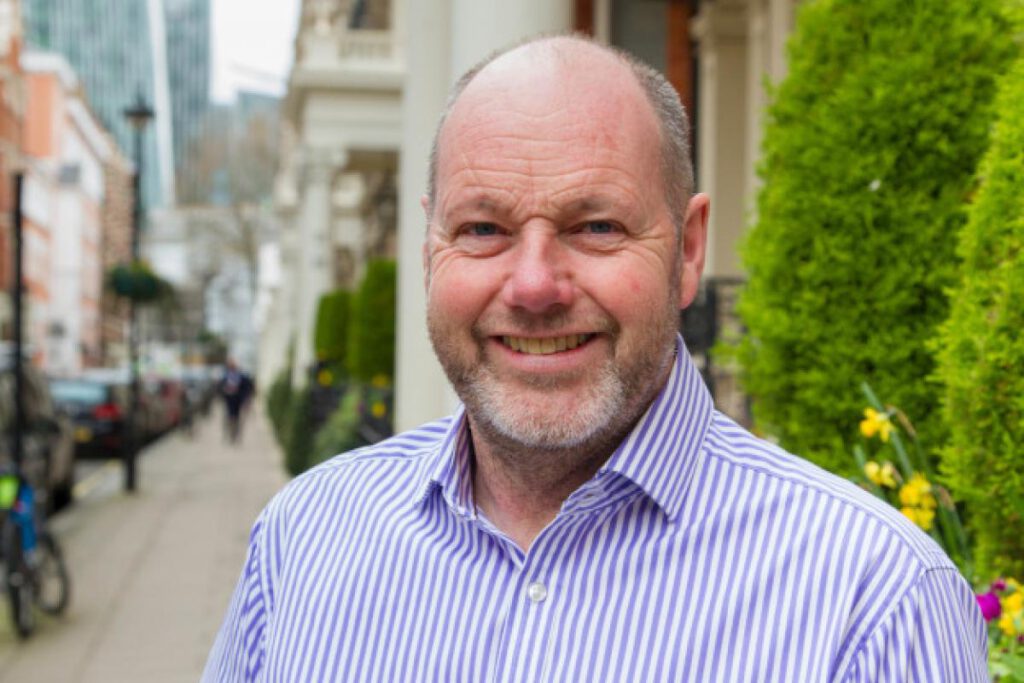Lack of vital therapy in schools for children and young people

70 per cent of occupational therapists are not currently able to provide adequate occupational therapy that children and young people need, a survey carried out by The Royal College of Occupational Therapists (RCOT) has found.
Some of the key barriers cited for this significant figure include:
- Restricted access to schools
- Workforce issues, including understaffed teams
- Increased demand for occupational therapy and a backlog of cases
- Family concerns, or struggles to access telehealth or face-to-face support
Other key findings are that:
- 62% of occupational therapists have encountered schools that are reluctant to allow therapists to visit
- Of these, 83% had encountered reluctance from mainstream schools and 48% from special schools.
- Workforce pressures are a significant factor when it comes to being able to provide therapy support, with over 50% of respondents reporting understaffing
Commenting on the survey results, Steve Ford, Chief Executive of the Royal College of Occupational Therapists, added:
“Occupational therapists have played a vital role in helping people recover from the pandemic, and this includes working on a daily basis with children and young people across Northern Ireland. The pandemic has proved a huge challenge for children and young people over the past year and a half.
“Whether dealing with loss of education or the mental health crisis as they return to education children and young people need as much support as possible, including that offered by occupational therapists. These survey results are truly concerning, and with over 70 per cent of respondents reporting an increase in demand, we need the provision, funding and workforce to be fit for the future and deliver for the children and young people of Northern Ireland.”
The Royal College recently met with Vicky Ford, Minister of State for Children and Families, to discuss access to therapies, and we will continue to work with governments across the UK to address the findings of the survey.











Responses